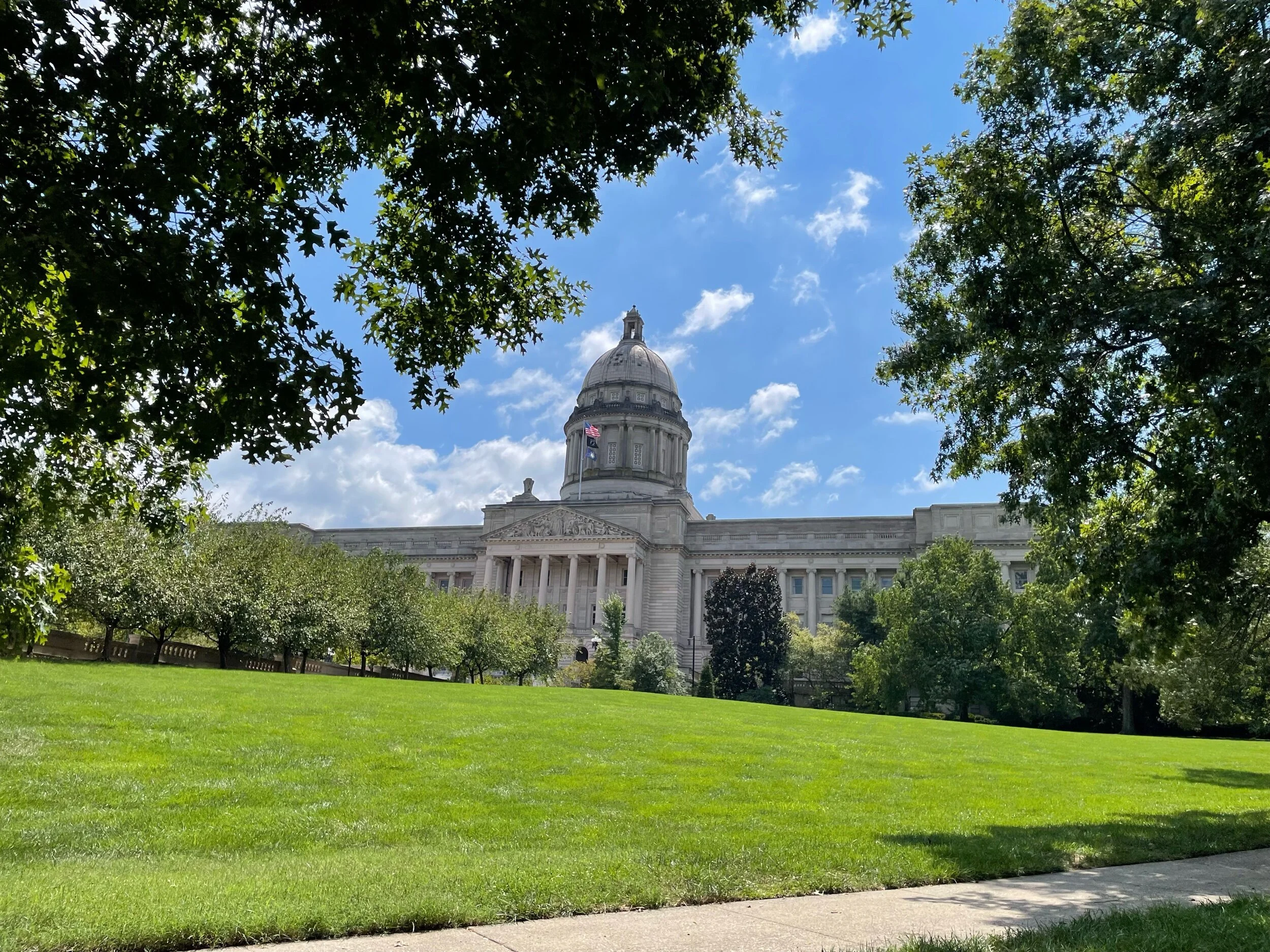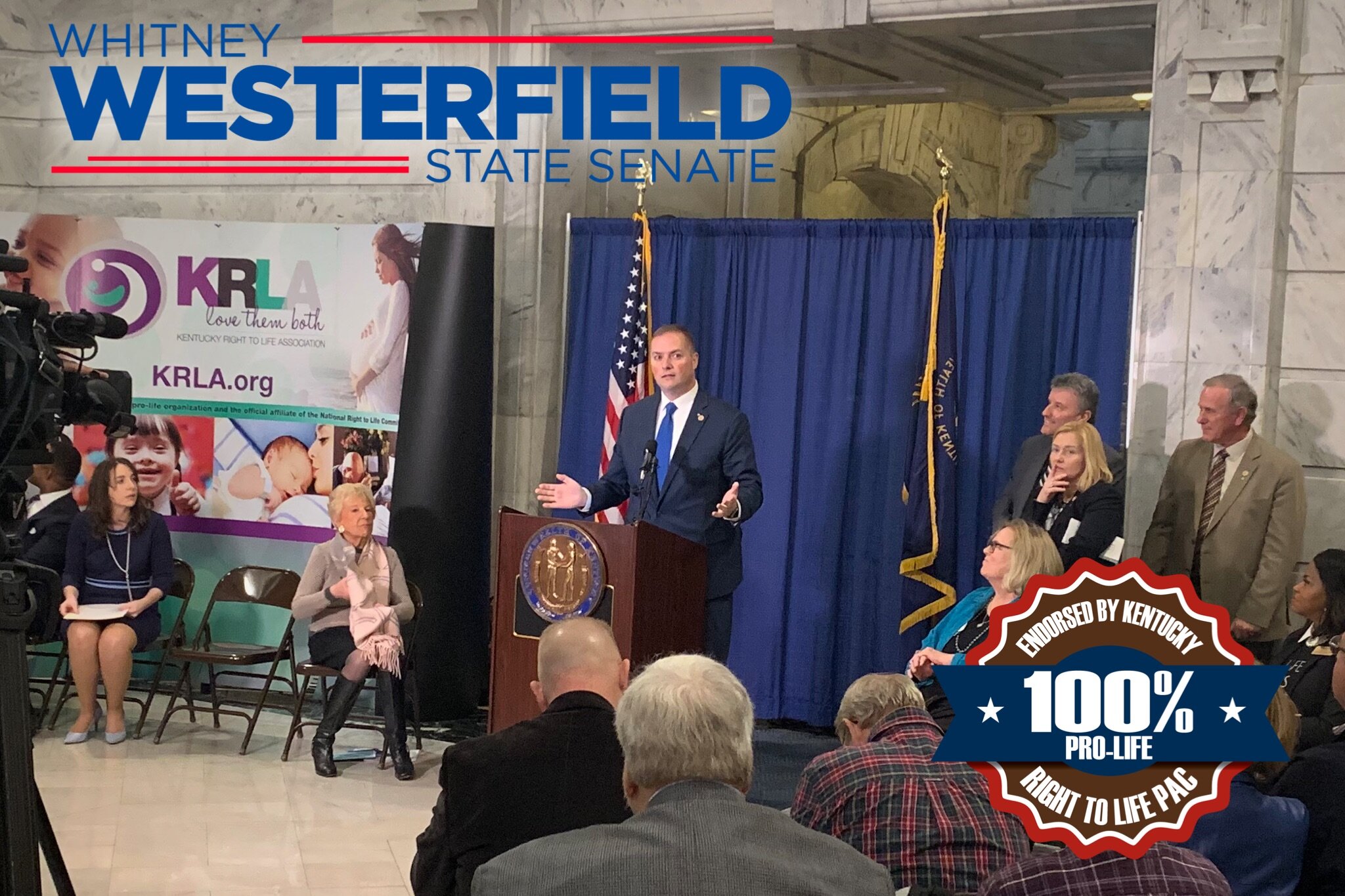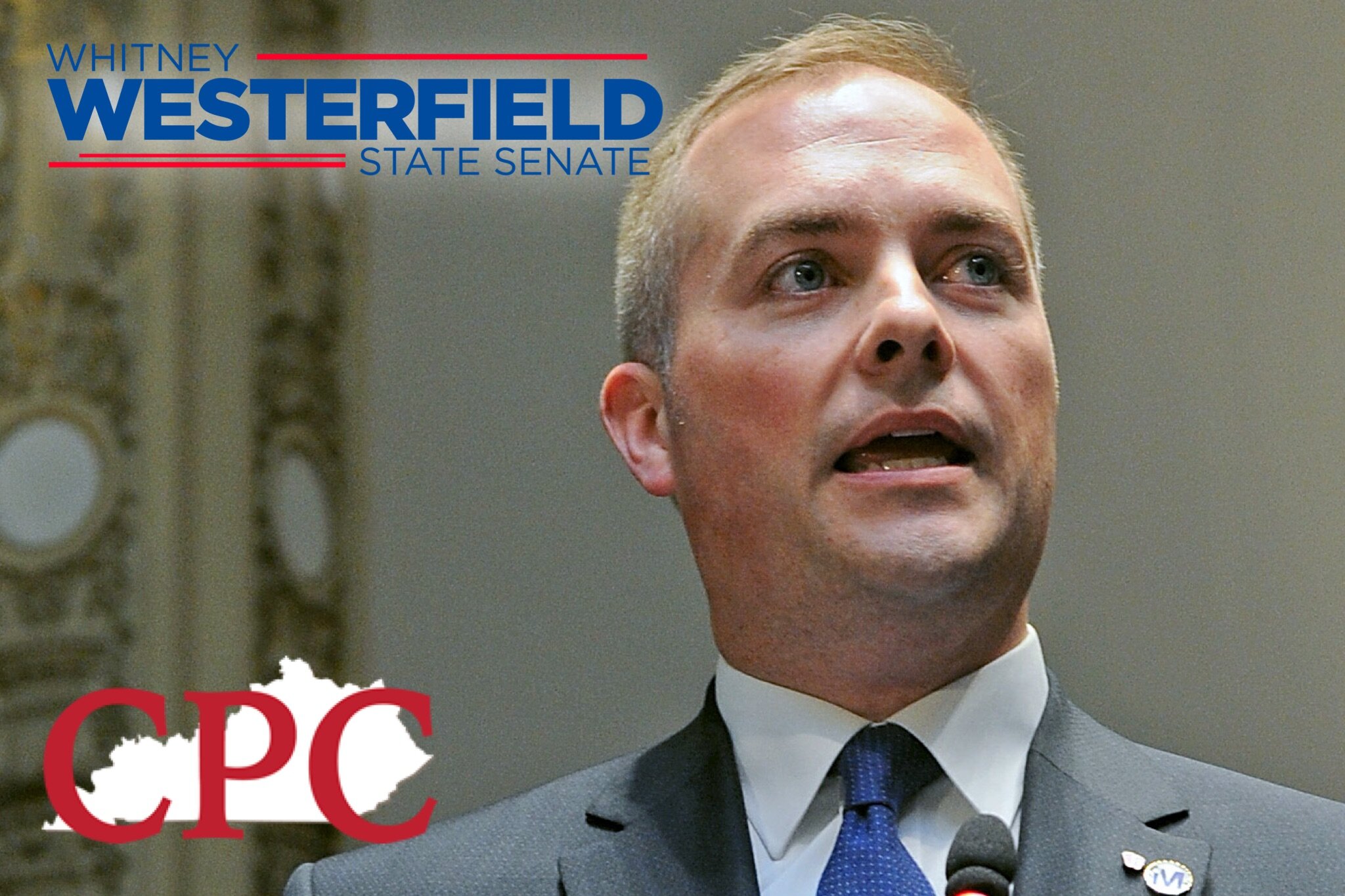Earlier today, Senate Education Committee Chair Max Wise (R, Campbellsville), along with the entire Senator Majority Leadership team, released an op-ed in response to the Governor’s unexpected and abrupt change of plans, creating confusion and frustration in homes and local school board rooms across the Commonwealth. I fully support my friend and colleague, Senator Wise, in this piece:
Commonwealth of Kentucky
Senate Majority Office
August 11, 2020
Reopening Kentucky Schools? Local Superintendents Should Decide
By Senators Wise, Stivers, Givens, Thayer, Adams, and Wilson
We, members of the Kentucky State Senate Majority, have heard a myriad of disappointment, anger, confusion, and frustration from our constituents regarding Governor Andy Beshear’s ‘recommendation’ that all schools open virtually in the fall of 2020. From parents of high school seniors to grandparents of kindergarten students, we are hearing from them all.
Citizens across the Commonwealth know how vital schools are to their communities, as they play an essential role in preparing their children for the future. Some weeks ago, after sending a letter to the Kentucky Department of Education (KDE) encouraging some guidance to be provided to schools, Governor Beshear’s KDE finally took a position. If districts worked with local health departments, school administrators, teachers, and community leaders to develop well-designed plans that fit their local needs, KDE would review them and offer suggestions. The goal was to get children back into schools ready for in-person learning while permitting districts and families the flexibility if they choose to attend virtually.
Suddenly, yesterday, Governor Beshear unilaterally moved the goalposts. He moved from an initial recommendation to wait until the third week of August to resume in-person classes to now extending that date to the week before schools would be closed for fall break. One of the most frustrating scenarios is that over 100 local school districts were not given a chance to see if their in-person model may work. Surveys were taken, input was provided, and plans were developed only to see a ‘recommendation’ basically corner those superintendents into a box. Are they not to be trusted? Some districts had already announced their initial ‘virtual-only’ plans.
In contrast, many smaller or rural public school districts hoped to follow through on the overwhelming clamor from their teachers, parents, and students to offer a choice and support a reopening for in-person education during the 2020-21 school year. Locally, no voice has been louder than that of working-class parents. Much like when the pandemic began, these parents are being pushed into a financial crisis. Many of these parents have returned to work to now face the additional economic sacrifices and dilemmas of finding childcare, quitting a job, seeking family assistance, or requesting workforce accommodations to comply with this last-minute ‘recommendation.’
At this Monday press briefing, the question was posed to the Governor, “What is the impact of your recommendation on delaying the start of in-person classes until September 28th?” His response, “It is a recommendation. We are basing it on public health advice and the facts right now. If local school officials ignore us, the consequences are theirs.” From the start, the Governor has said, “We are in this together,” but suddenly, now “the consequences are theirs?” This statement and tone indicate blame, finger-pointing, and potential retribution for districts that don’t follow his ‘recommendation.’












